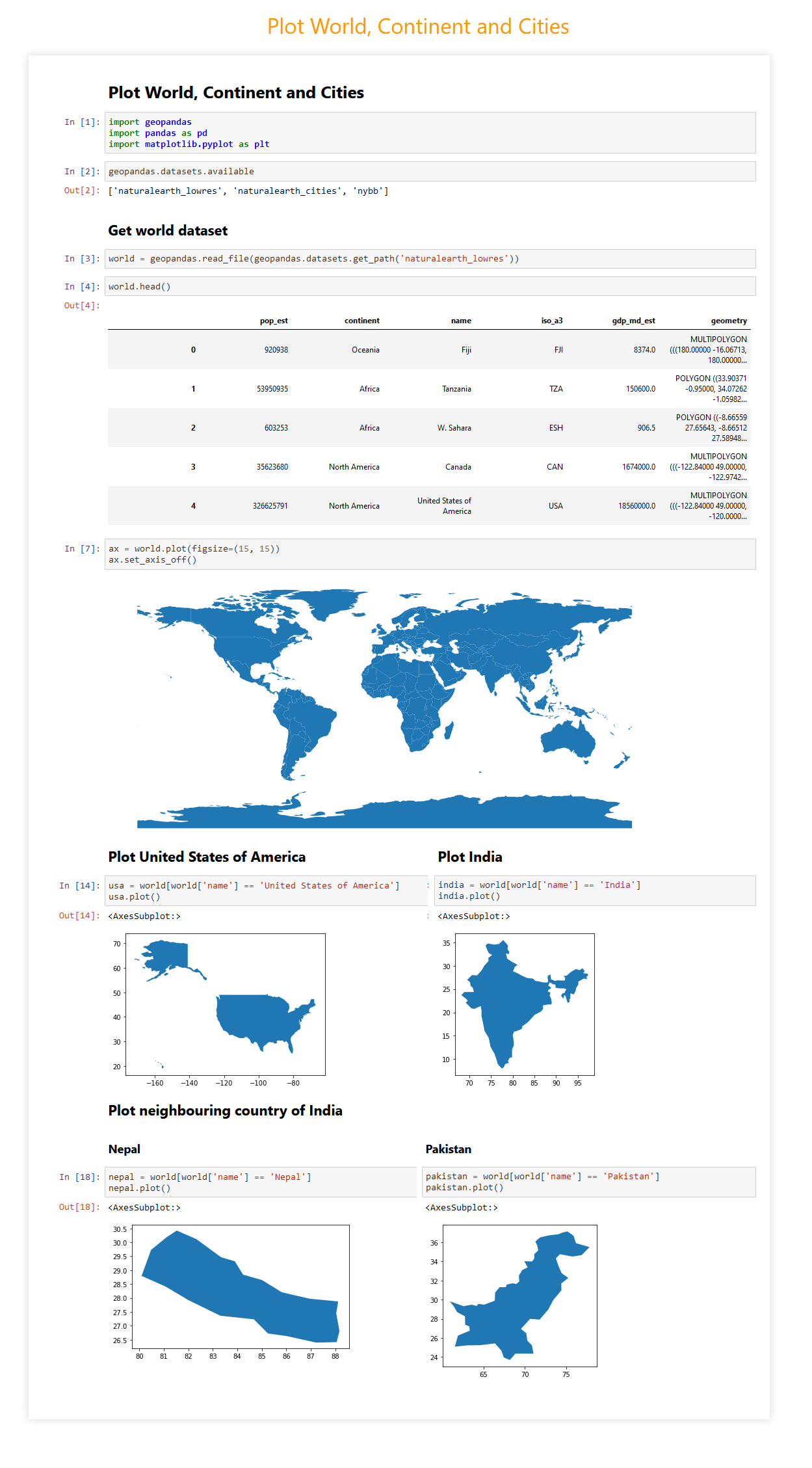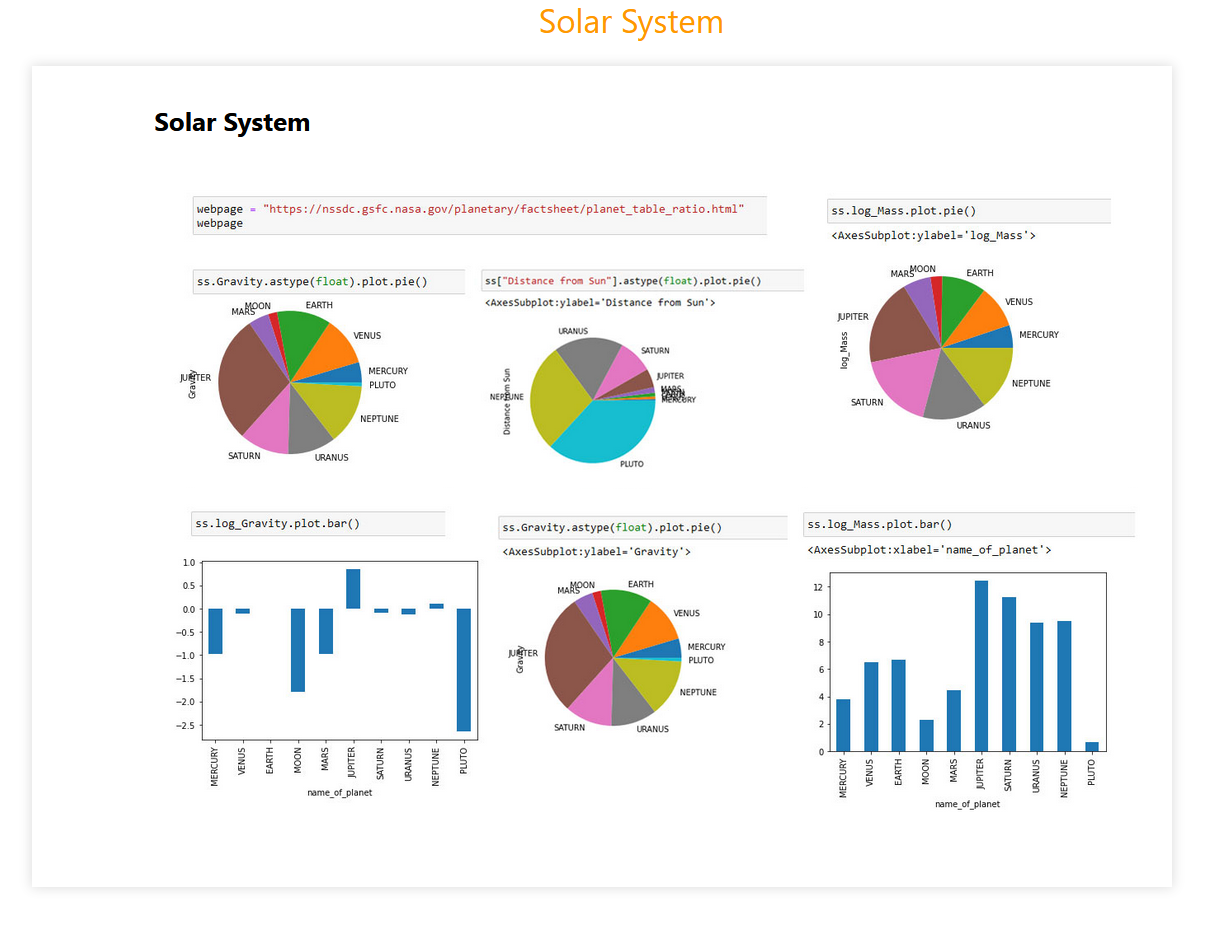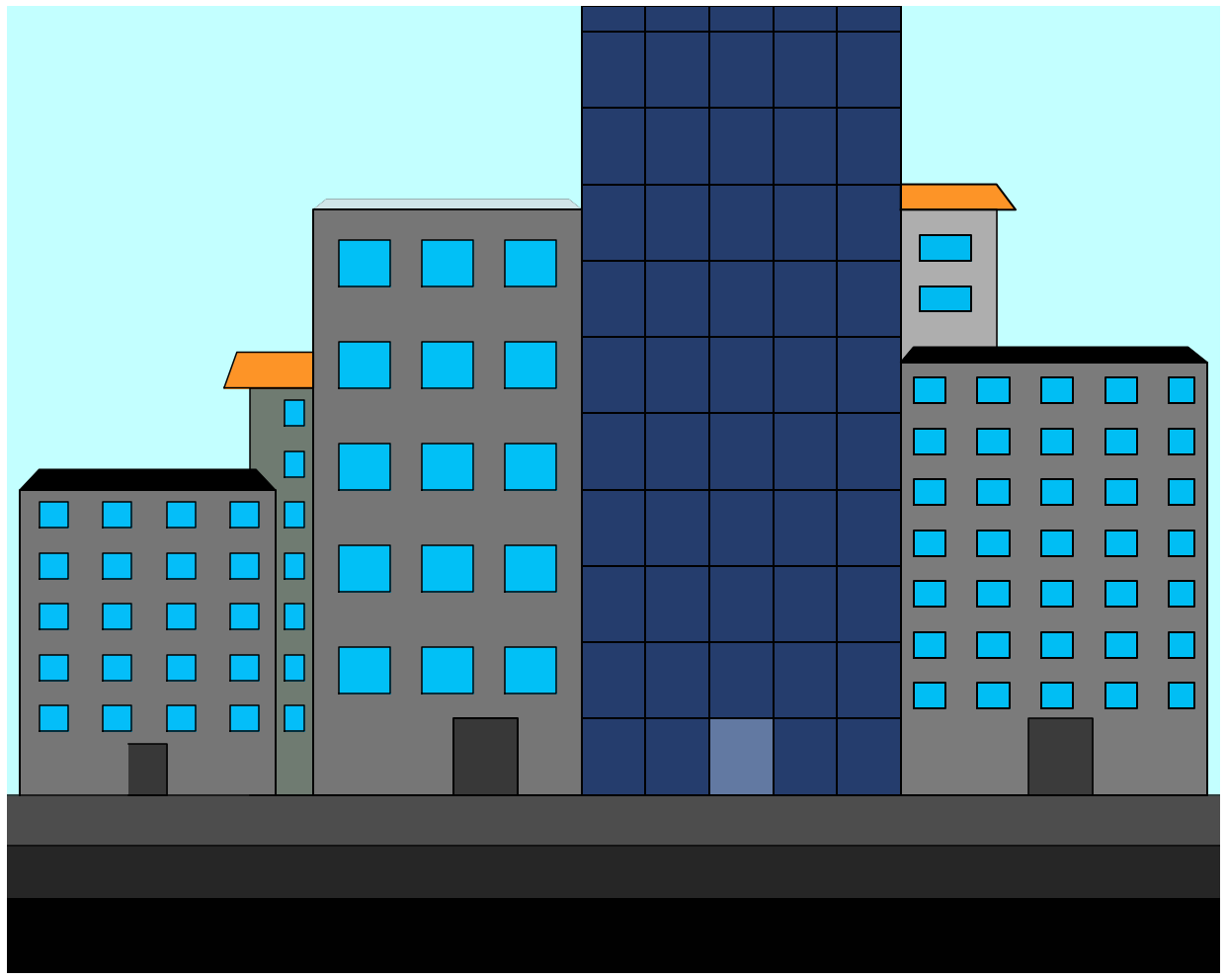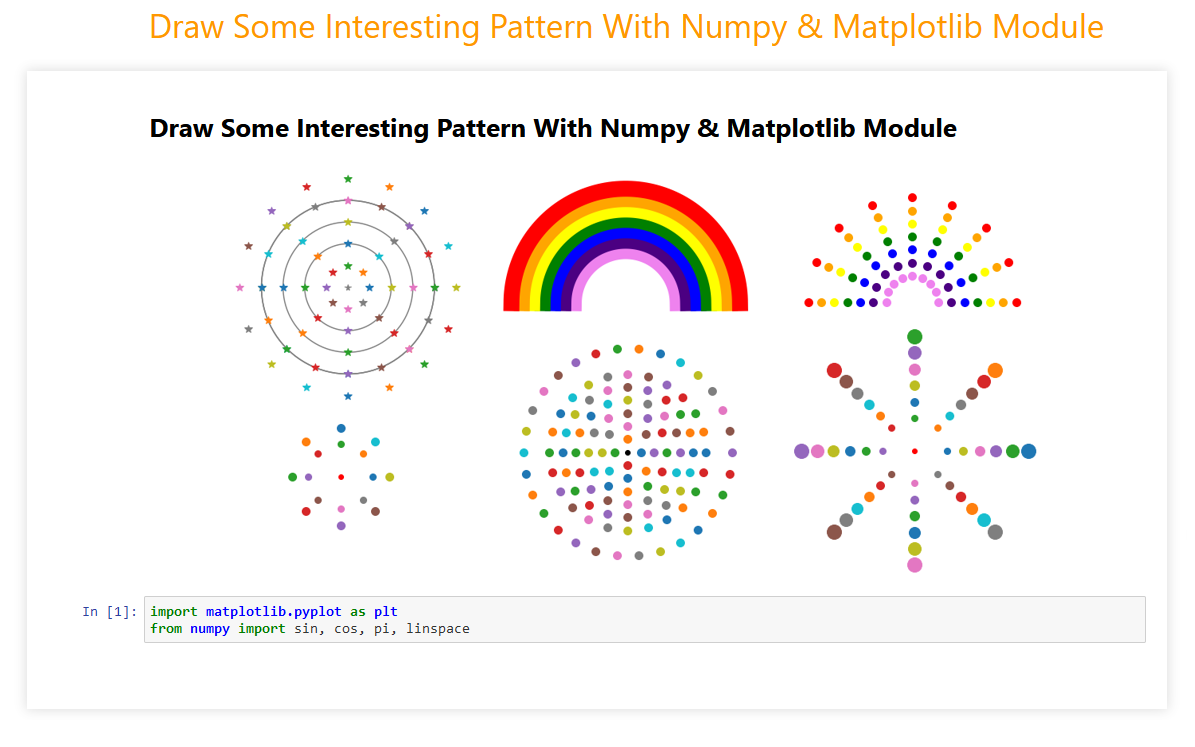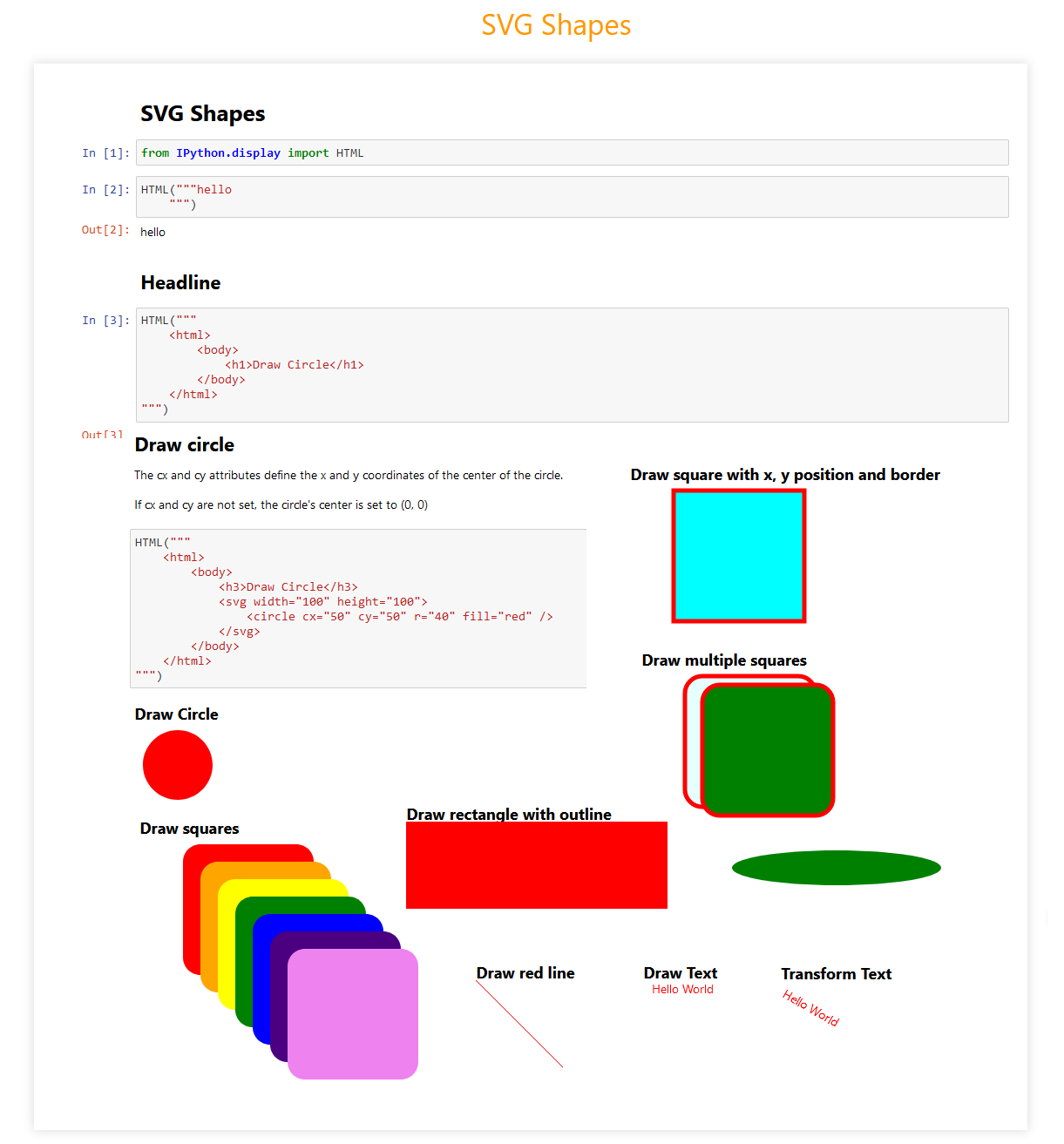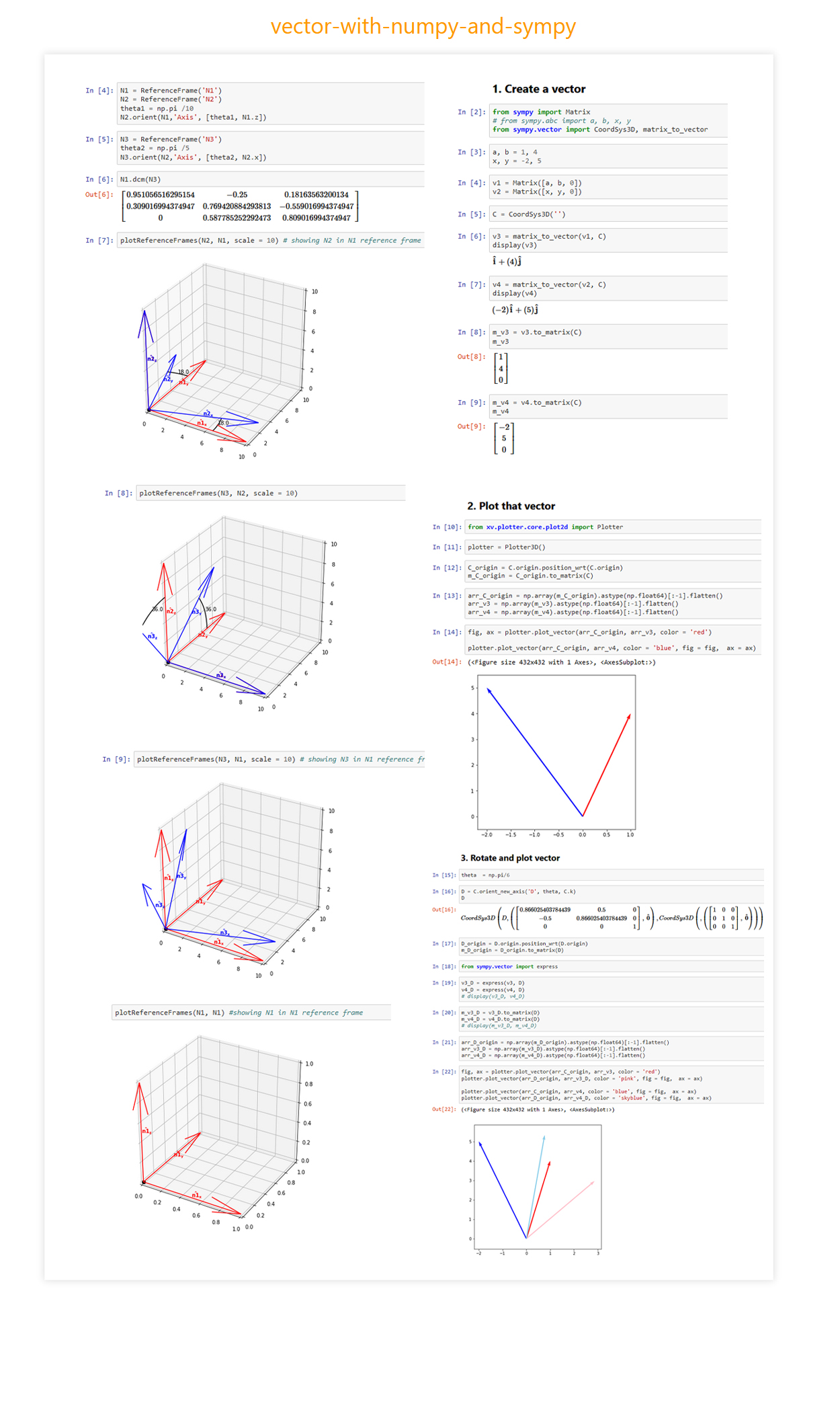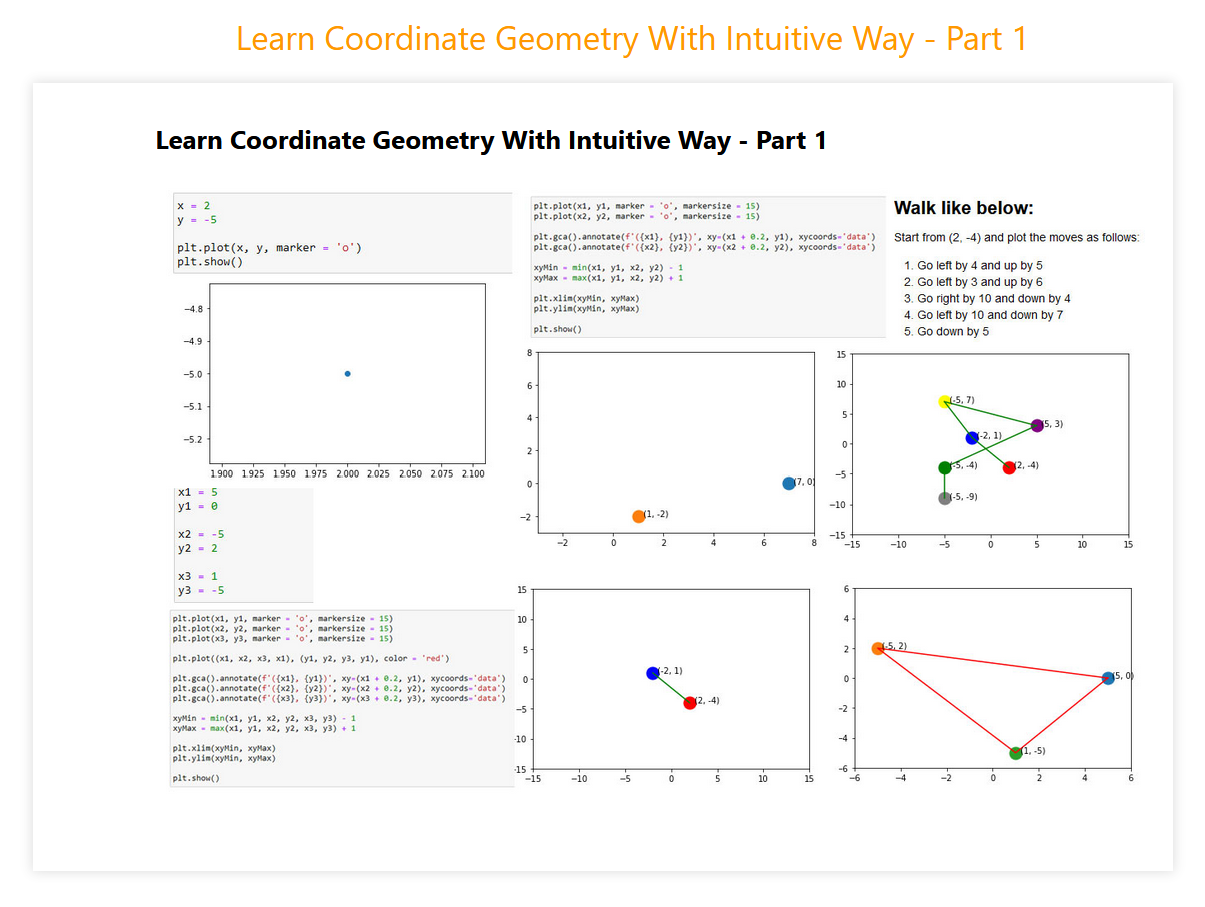We only labor to stuff the memory, and leave the conscience and the understanding unfurnished and void.
Say No to Rote Learning!
The Smarter Way to Study.
Faster, Better, Stress-Free.
Self learning
Your course, subject, and topics—our software powers self-study: learn, practice, revise, test, then review dashboard and performance analytics that help you fix weaknesses and consolidate strengths.
Learn under expert Guidance
Is your child stuck on homework and core concepts—and you’re too busy to help? Let them do homework and learn concepts with our experts in short, focused, targeted, code-driven sessions.
Syllabi and Course Materials Organized for Self-Study
Grade 1 to 12 and much more— We've brought together a complete and easy-to-navigate collection for all grades and subjects. Your path to learning has never been clearer.
Add Youe Own Topics, Do Homework
We cover grade 1 to 12 and much more. If you still find a course or subject missing, let us know. We will add them in quick time.
You can also create your custom syllabi and add topics you want. You can even create a homework syllabus and add topics everyday to learn and get assistance to complete them.

Learn, Revise, Take Tests
Pick a topic, learn, read questions and answers. Proceed to revise and get mock evaluations. Finally take a test for a topic or a set of topics. Get evaluation with detailed comment and explanation.

See Your Progress
A simple dashboard shows you exactly what you've mastered and what's next. No more guessing where you stand.

Homework—Do it With Our Experts at Your Convenient Time
Too busy to help you child with homework? Our experts will ensure that they are completed and the students understands them.
Schedule a Session
Schedule a regular session or one-off session at your convenient time. You may optionally upload homework in advance in PDF, Doc, text or image format.

Do it Together During the Live Session
Learn and complete with our experts. The topic and questions are stored permanently under your profile. You can assess quality of you homework with our evaluation tool. The parents too can review the performance and quality.

Revisit Any Time
All homework are stored in one place for you, properly organized in the manner you want. You may revisit them to re-learn, revise or take test again. Exclusive performance metrics will guide you year weaknesses and strengths.

Advanced and Accelerated Learning for Brilliant Minds
Under guidance and supervision of our experts and with help of programming, learn advanced concepts faster and better. No memorization, no rote-learning, no homework, no boring long practice hours.
Prepare for major competitive exams to excel with confidence— SAT, IIT-Main-Advanced , NEET, NDA, Olympiads, AoPS (Art of Problem Solving) and many more. Click here to explore all courses.
Click to browse our latest customized plans/courses.
Are You an Advanced Learner?
Do you want to learn beyond your current course and syllabus, new and advanced things? Do you want to stay ahead of your peers? If your answer is YES, this is for you. Read case studies here.

Programming for Better Learning
Programming makes learning concepts far easier and allows experimentation and an analytics approach to study. Choose this option to accelerate learning even faster with Python, Web and AI-Programming.

No Rote-Learning with Our Proprietary Software
Our proprietary software helps to build conceptual networks and ladders, eliminating the need for forced memorization, homework and repeated practice. Learning is intensive, analytical, visual and fun.

Why XcelVations?
Learn faster and better—without rote-learning or busywork—through expert-led, software-powered sessions that build deep, connected understanding.
Our Unique Learning Philosophy
-
No Homework, No Forced Memorization
We eliminate tedious assignments and rote memorization by using a conceptual networking technique.
-
No Extra Practice Hours
Our conceptual networking technique reinforces previously learned concepts through built-in revision.
-
Advanced Concepts Made Easy
We simplify how concepts are presented so students can understand advanced topics at earlier grade levels.
Our Proprietary Software, AI, Machine Learning, LLMs, and Programming
-
Faster Learning with Our Proprietary Software
Read our case studies to see how our students learn up to 10× faster than their peers.
-
Programming as a Language of Communication
Programming is central to our learning approach, but no prior programming experience is required to join our program.
-
AI, Machine Learning, and LLMs
Our focus on conceptual learning and programming helps students understand the math and science behind AI, ML, and LLMs—and master them.
Comprehensive, Real-World Curriculum
-
All Major Competitions Covered
We cover a wide range of competitions, including SAT, IIT-Main-Advanced , NEET, AoPS, Olympiads, NDA, and more.
-
International Courses
We offer courses aligned with AP, O/A Levels, CBSE, Cambridge, and other curricula across the USA, UK, and India. Explore our courses.
-
Granular Coverage
We break topics down to a highly granular level, so nothing is skipped.
-
Can’t Find What You’re Looking For?
If something is missing, let us know—we’ll add it as quickly as possible.
Ready to Unlock Your Full Potential?
Join students who are experiencing a smarter, more engaging way to learn. Your breakthrough moment is just a click away.
Invest in your child's future today.
Quality education is priceless!
Click to browse our latest customized plans/courses.
